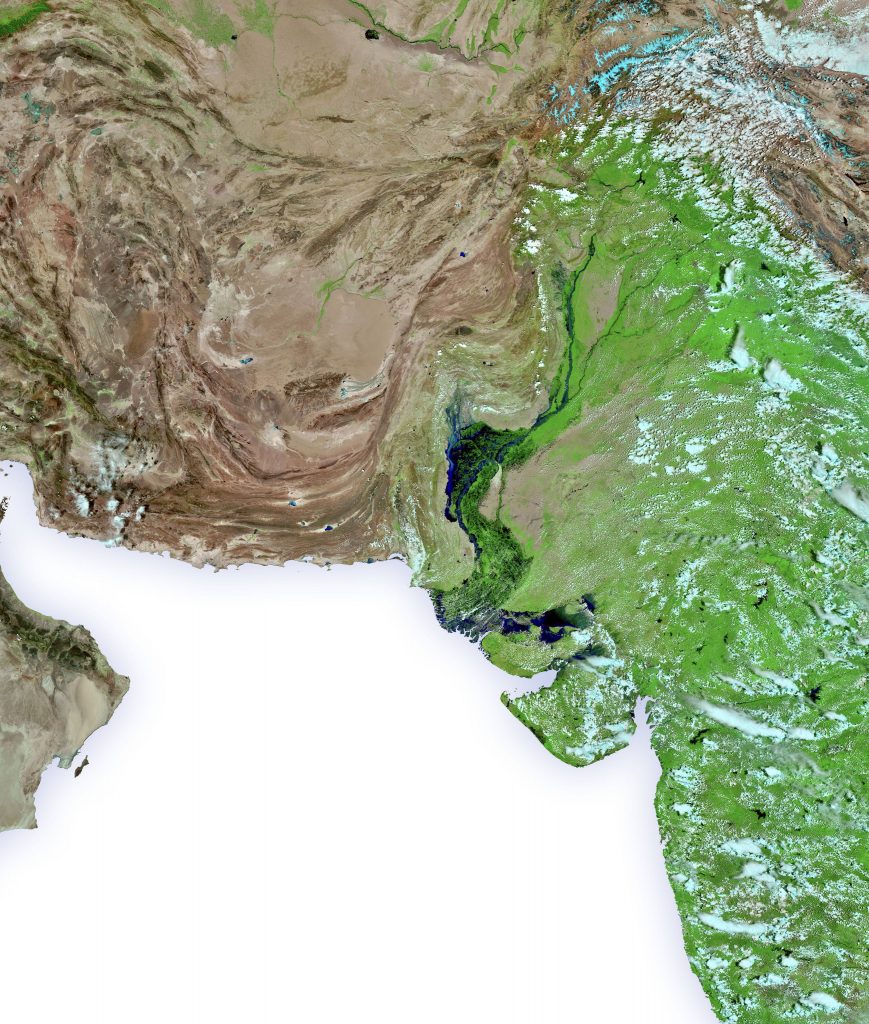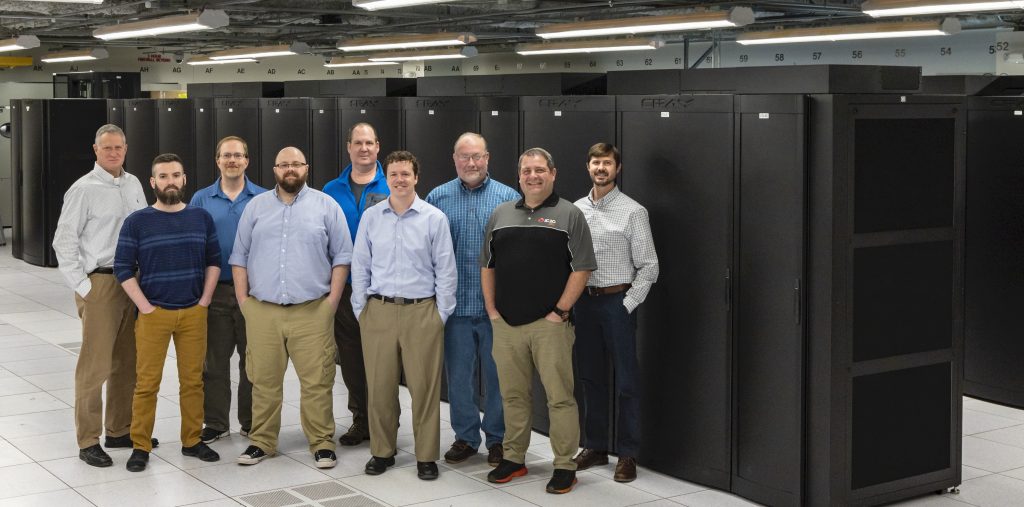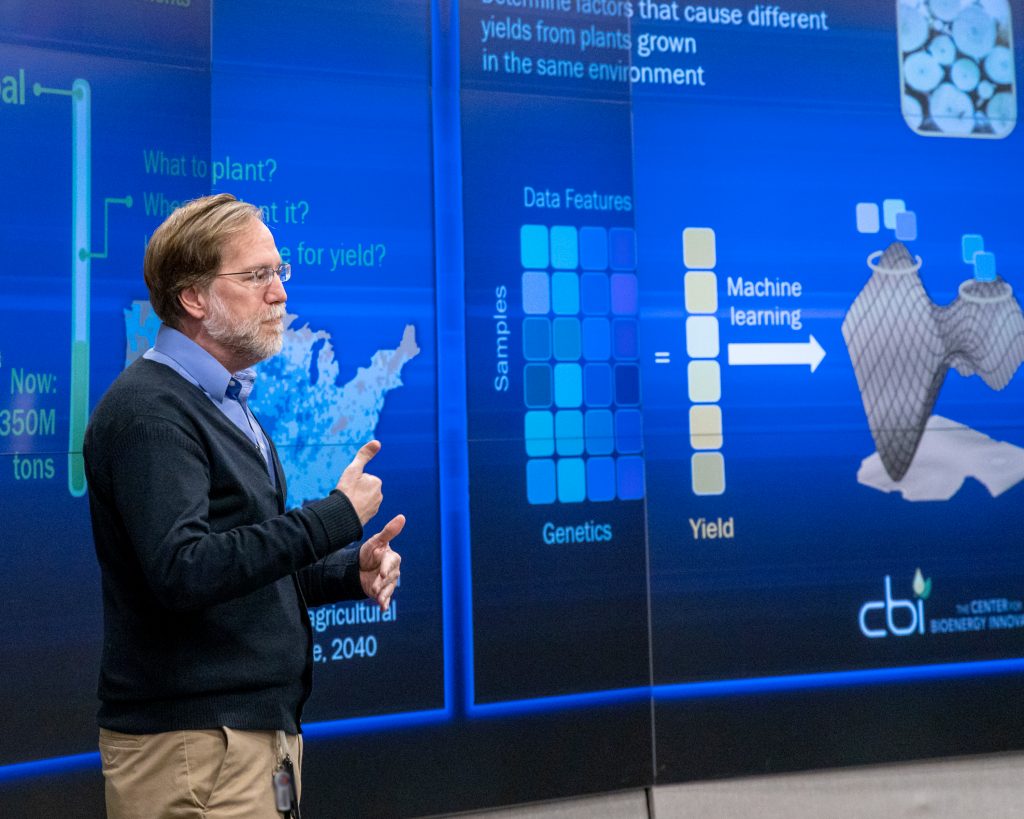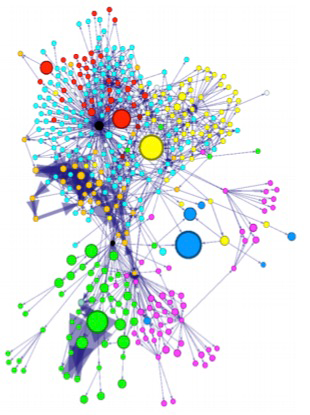
A new study by researchers at the Department of Energy’s Oak Ridge National Laboratory looks at some of the influences that could be driving the increasingly severe weather over Pakistan. Published in npj Climate and Atmospheric Science, the study analyzed over 40 years of data and found that natural climate…
Betsy SonewaldOctober 13, 2023









